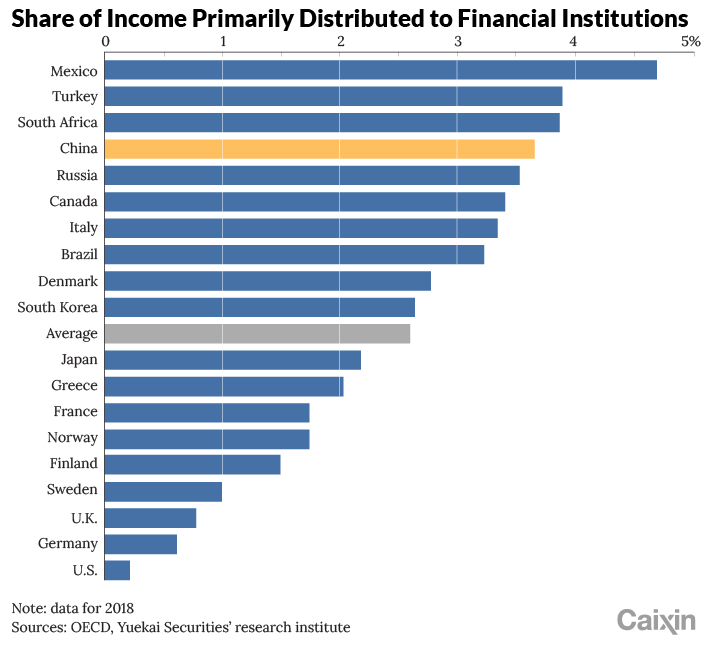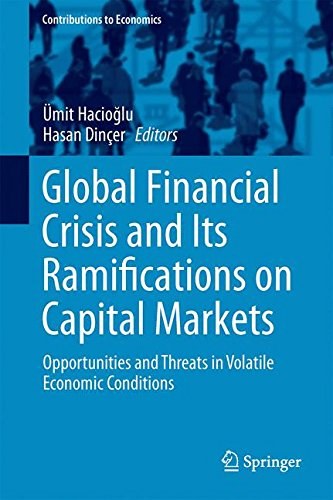Unlocking Opportunities: A Comprehensive Guide to Commercial Real Estate Refinance Loans
#### What are Commercial Real Estate Refinance Loans?Commercial real estate refinance loans are financial products designed to help property owners restruct……
#### What are Commercial Real Estate Refinance Loans?
Commercial real estate refinance loans are financial products designed to help property owners restructure their existing debt on commercial properties. This process typically involves taking out a new loan to pay off an existing one, often with the goal of securing better terms, reducing monthly payments, or accessing cash for other investments. These loans can be utilized for various types of commercial properties, including office buildings, retail spaces, warehouses, and multifamily units.
#### The Benefits of Commercial Real Estate Refinance Loans
Refinancing commercial real estate can offer numerous advantages. One primary benefit is the potential for lower interest rates. If market rates have decreased since the original loan was taken, refinancing can lead to significant savings over the life of the loan. Additionally, property owners might choose to refinance to extend the loan term, which can help in reducing monthly payments and improving cash flow.
Another reason to consider commercial real estate refinance loans is to access equity built up in the property. As property values increase, owners can tap into this equity through a cash-out refinance, providing funds for renovations, expansions, or other investment opportunities. This can be particularly advantageous for businesses looking to grow or improve their facilities.

#### The Refinancing Process
The process of refinancing commercial real estate typically involves several steps. First, property owners should assess their current loan terms and determine their refinancing goals. This could include lowering monthly payments, changing the loan term, or obtaining cash for other uses.
Next, it is essential to shop around for lenders who specialize in commercial real estate refinance loans. Different lenders may offer varying terms, interest rates, and fees, so it’s crucial to compare options. Once a lender is chosen, the application process begins, which often requires documentation related to the property, financial statements, and credit history.
After the application is submitted, the lender will conduct an appraisal and underwriting process to evaluate the property’s value and the borrower’s financial situation. If approved, the new loan will be issued, and the existing loan will be paid off, completing the refinancing process.

#### Key Considerations When Refinancing
While commercial real estate refinance loans can offer many benefits, there are also important considerations to keep in mind. Closing costs can be significant, and property owners should ensure that the savings from refinancing outweigh these expenses. Additionally, the property’s current financial performance and market conditions can impact the refinancing process, so it’s essential to be well-prepared.
Another factor to consider is the loan-to-value (LTV) ratio, which lenders use to assess risk. A lower LTV ratio typically results in better loan terms, so property owners should aim to maintain a strong equity position in their properties.
#### Conclusion

In summary, commercial real estate refinance loans can be a valuable tool for property owners looking to improve their financial situation, access equity, or capitalize on favorable market conditions. By understanding the benefits, process, and key considerations involved, property owners can make informed decisions that align with their financial goals. Whether it’s lowering payments or funding new projects, refinancing can open the door to new opportunities in the commercial real estate market.